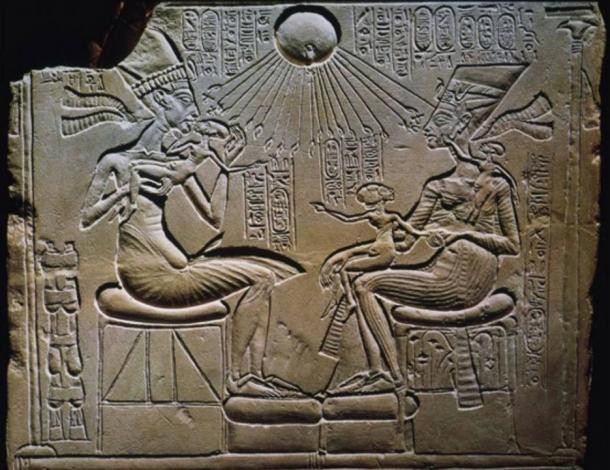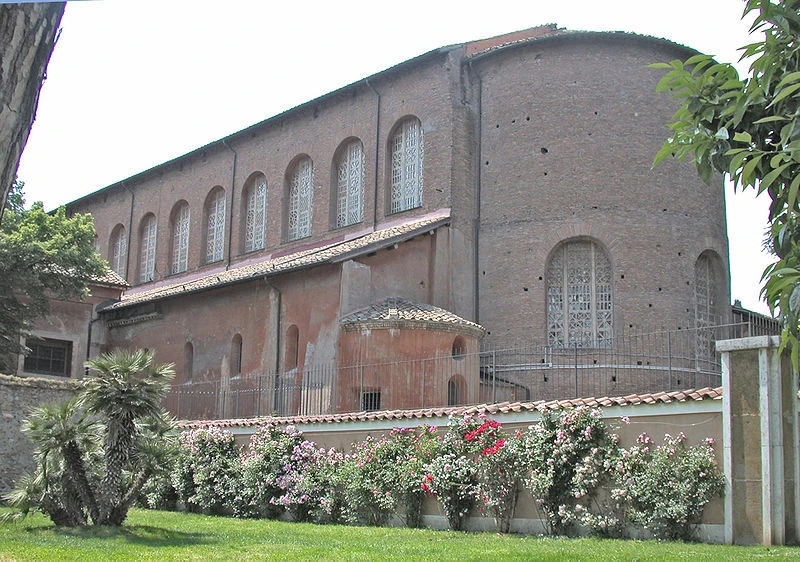
The title of this small sculpture from Papua New Guinea
Ambum Stone
A colossal winged human-headed bull in Assyrian art.
Lamassu
The style of columns present on the Parthenon in Athens, Greece.
Doric

The actual name of this structure (known today as the Colosseum)
Flavian Amphitheater
A devotional panel depicting a sacred image.
Icon
Having characteristics of the human form, although the form itself is not human
Anthropomorphic

Period in which Akhenaten changed the religion of Egypt as well as its artistic conventions.
Amarna Period

What is the original context of this altar (city)?
Pergamon
An ancient method of painting that uses colored wax burned into a wooden surface.
Encaustic
The Church of Santa Sabina represents this early Christian architectural style adopted from the Romans.
Basilica
A construction method used on the megaliths of Stonehenge in which a groove is cut into one stone that is shaped to receive a projection of the same dimensions from another stone.
Mortise and Tenon

Name of the New Kingdom ruler depicted here.
Hatshepsut
The Spear Bearer (Dpryphoros) was created by this artist.
Polykleitos

The Column of Trajan employs a device for telling a story that wrap like a ribbon around the columns surface called this
Continuous Narrative
The bread sanctified by the priest in a Christian ceremony commemorating the Last Supper.
Eucharist
An upright stone slab use to mark a grave or a site
Stele
A Near Eastern pyramid-like structure made of several stories that indent as the building grows taller, creating terraces.
Ziggurat
A building column that is shaped like a female figure
Caryatid
An atrium surrounded by columns in a Roman house.
Peristyle

The subject matter of the above work comes from this religious text.
Genesis

The title of this charcoal painting from Namibia
Apollo 11 Stones
 The title of this work from Sumerian culture.
The title of this work from Sumerian culture.
Standard of Ur
The architects of the Parthenon
Iktinos and Kallikrates

The Forum of Trajan was designed by this architect.
Apollodorus of Damascus

This type of figure, usually found in early Christian tombs typically shows arms outstretched in prayer.
Orant Figure
